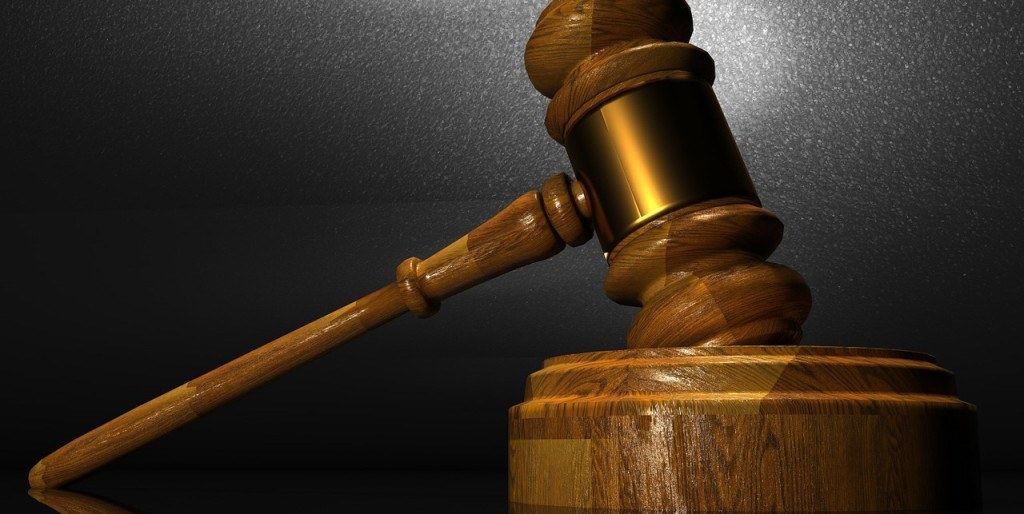
In February, Casemaker CEO David Harriman told me that his company would not fight the lawsuit filed against it by Fastcase over publishing rights to Georgia law. It appears he has had a change of heart, because on Wednesday Casemaker filed an answer and counterclaim in the case.
On Feb. 12, Harriman told me that he was mystified by the lawsuit. “They filed for a declaratory judgment in Georgia, for a declaration that state law not copyrightable. We’re all in favor of that, of having state law declared not copyrightable.” He said that he would not respond to the lawsuit and that he would support a ruling that state law cannot be copyrighted.
Harriman agreed to discuss the matter with me last week at Techshow, but we were never able to connect. I have reached out to him for comment on this week’s filing.
Casemaker’s answer says that it does not claim a copyright “in the merely statutory text and numbering” of the Georgia regulations that are at issue in the lawsuit. However, it says that it “reserves its legal and equitable rights in electronic files it creates and maintains, including without limitation, the right to claim copyright in any copyrightable materials, electronic files, data, source code and/or anything in addition to the statutory text and numbering in the content of the site(s).”
In its counterclaim, Casemaker asserts that its parent company Lawriter has a contract with the state of Georgia “to be the only authorized distributor of the Georgia Administrative Rules and Regulations in an electronic format” and that the contract permits it to “sell complete copies of the entire set of rules and regulations … at such reasonable prices and terms that Lawriter may determine at its sole discretion.”
The counterclaim says that Fastcase is copying these materials without a license from Casemaker, that it is reselling these materials for a profit, and that allowing it to retain those profits would be unjust enrichment.
Fastcase CEO Ed Walters said that Casemaker’s answer defines what is at issue in the case. “There aren’t real disputes on the facts, but there is a clear question of law: Can a private publisher create its own exclusive rights in non-editorial, non-enhanced public law by contract with the government? Or, more succinctly: Can a private publisher own public law?
“Our answer here has always been a clear ‘no,'” Walters said. “If a publisher wants to write about the law, they can claim exclusive ownership of what they write. If they want to use the official public law to create editorial products, like West’s U.S. Code Annotated, they may of course own their derivative work. But if you want to own the underlying law itself, you’re out of luck. Hundreds of years of caselaw say that the people, and only the people, own the law.”
Casemaker’s full answer is embedded below.
 Robert Ambrogi Blog
Robert Ambrogi Blog